Learn and Invest
How your investments can help create a community fit for future generations of Muslims. Understanding the waqf: Islam’s blessed vehicle for social change and enablement.
Generating lasting positive social and economic change
Our Muslim community is growing at a rapid pace. As we continue to grow with significant wealth, influence and a maturing sense of presence in this country, the time is right for the potential of awqaf to manifest in our community’s future.
Through awqaf, together, we can generate within our community lasting positive social and economic change while reaping countless benefits in this life and the hereafter.

Give to general fund
Build a lasting legacy by supporting vital social and welfare services within our community. Big or small, your support will empower those in need and transform lives.
Leave a bequest
Leave a lasting impact in your community by including a bequest to a waqf in your will. Your contribution will ensure that your community continues to thrive for generations to come.
Give Qard Hassan
Make a difference in your community by giving a Qard Hassan (a benevolent loan) towards a waqf. Your donation will go towards strengthening the wellbeing of our community.
Learn the Basics
To establish a waqf, you need to identify the property or assets that will be dedicated as a waqf, draft a waqf deed or document outlining the terms and conditions of the waqf, and then obtain the necessary approvals and certifications from relevant authorities, and register the waqf with such authorities (under Islamic and secular legal systems). You also need to appoint a waqf administrator or manager and develop a plan for how the income generated from the waqf property will be used to support charitable causes and benefit the community.
Notable Awqaf through history
Throughout history, the waqf has been an important institution in preserving and promoting Islamic heritage, culture, and knowledge.
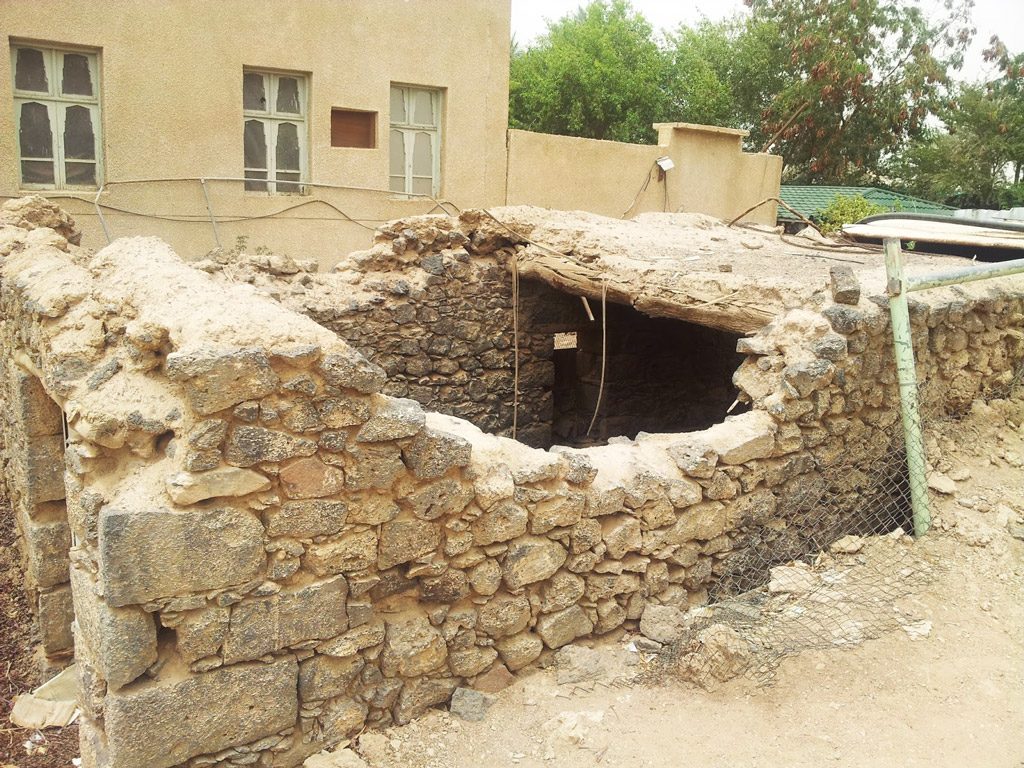
The Gardens of Uthman (RA)
During the early migration of Muslims to Medina, Uthman ibn al-Khattab (RA) bought a well from a wealthy Jewish business and gifted it to the Muslims as waqf. Later, date palms grew around the well, expanding further when the Saudi government took over its maintenance. As it began generating revenue, half was deposited into a special bank account under the third Caliph’s name for future charitable projects, while the other half was given to the orphans and the poor.
To this day, the gardens of Uthman (RA) remain waqf for the community, to ensure their poor and needy are looked after and to help further their growth and development.
Al-Azhar University, Cairo
Founded in the 10th century in Cairo, Egypt, Fatimid Sultan Al-Mu’izz dedicated the land, buildings and income generated from the properties to the establishment and maintenance of the university. The university was intended to be a center of learning and scholarship for the Islamic world, and it has continued to operate as a waqf institution to this day.
Al-Azhar needs little introduction to most Muslims, such is its status in the Muslim consciousness, and it is a testament to the institution of the waqf that this great vestige of Islamic culture and history was built on the waqf model.
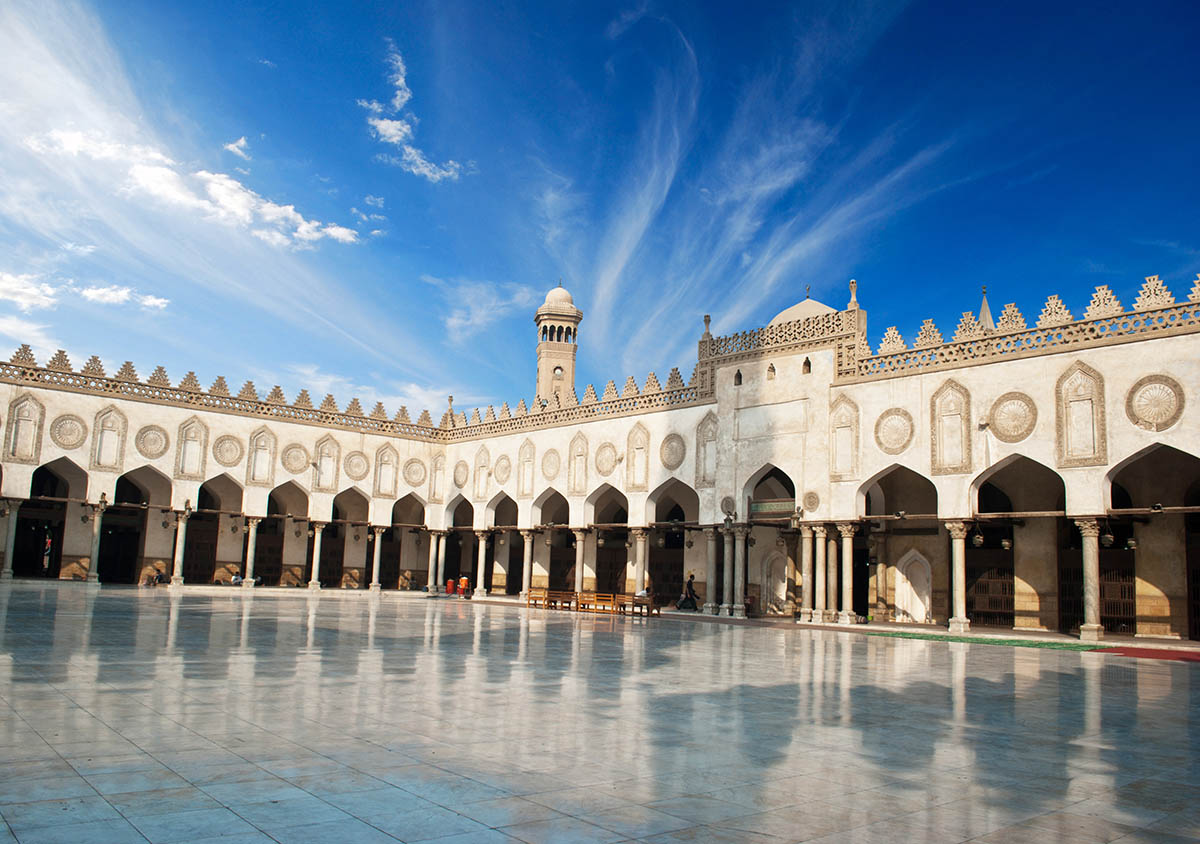
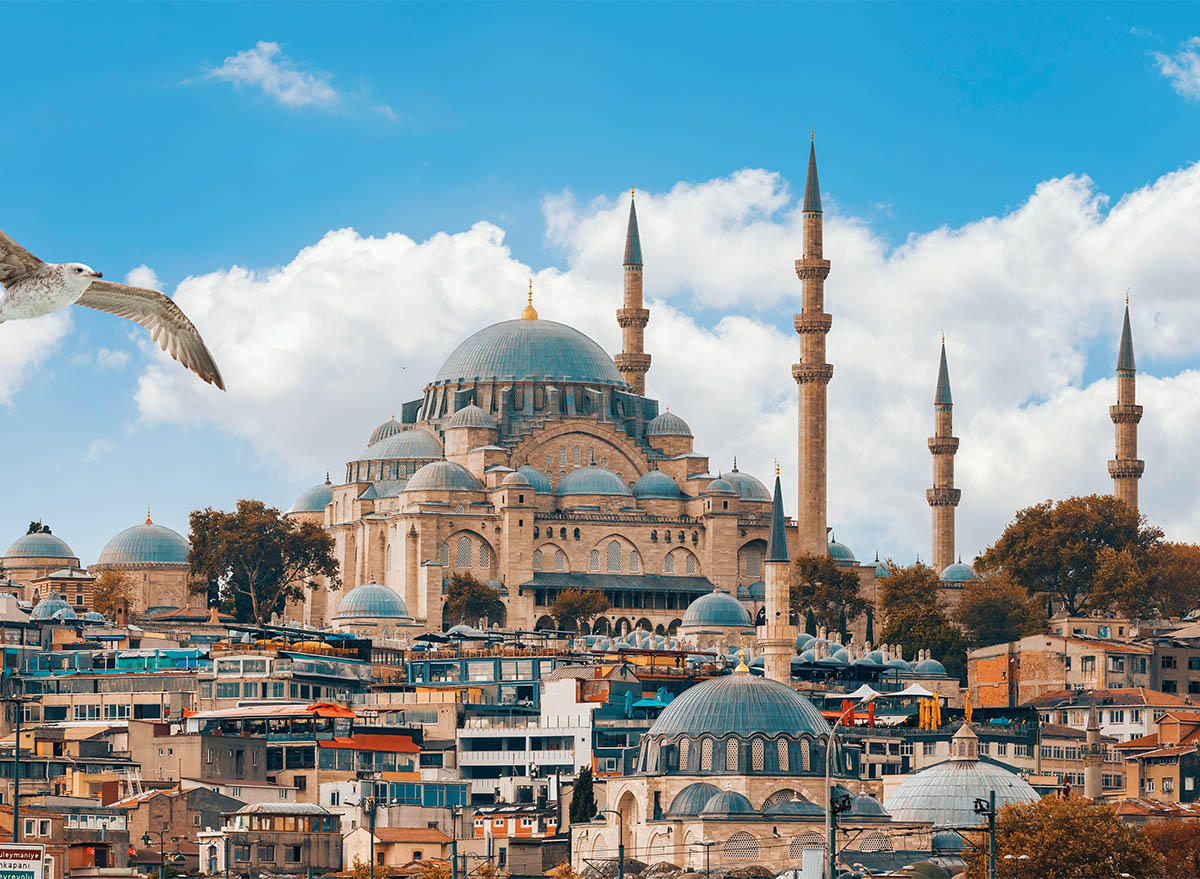
The Suleymaniye Mosque & Complex, Istanbul
Located in Istabul, Turkey, this incredible mosque complex was built in the 16th century by Ottoman Sultan Suleiman the Magnificent. Waqf income (from the surrounding caravanserais, shops and other establishments) was used to maintain the mosque, pay the salaries of the staff, and provide for the needs of the community. The complex was more than just a mosque, but a connected network of businesses, soup kitchens and accommodation for travelers and dervishes.
Most notably, it was self-sustaining, not requiring the constant investment from the state treasury to operate this grand institution. It speaks to the potential of the waqf institution that this grand monument of Islamic history and learning was built on the waqf model.
Nur al-Din Bimaristan (Hospital), Damascus
Built in the 12th century in Damascus, Syria by Muslim ruler Nur al-Din, this was one of the first hospitals in the Islamic world. It provided free medical care to the sick and the poor and was also a center for training doctors and providing them with the advancement of medical knowledge.
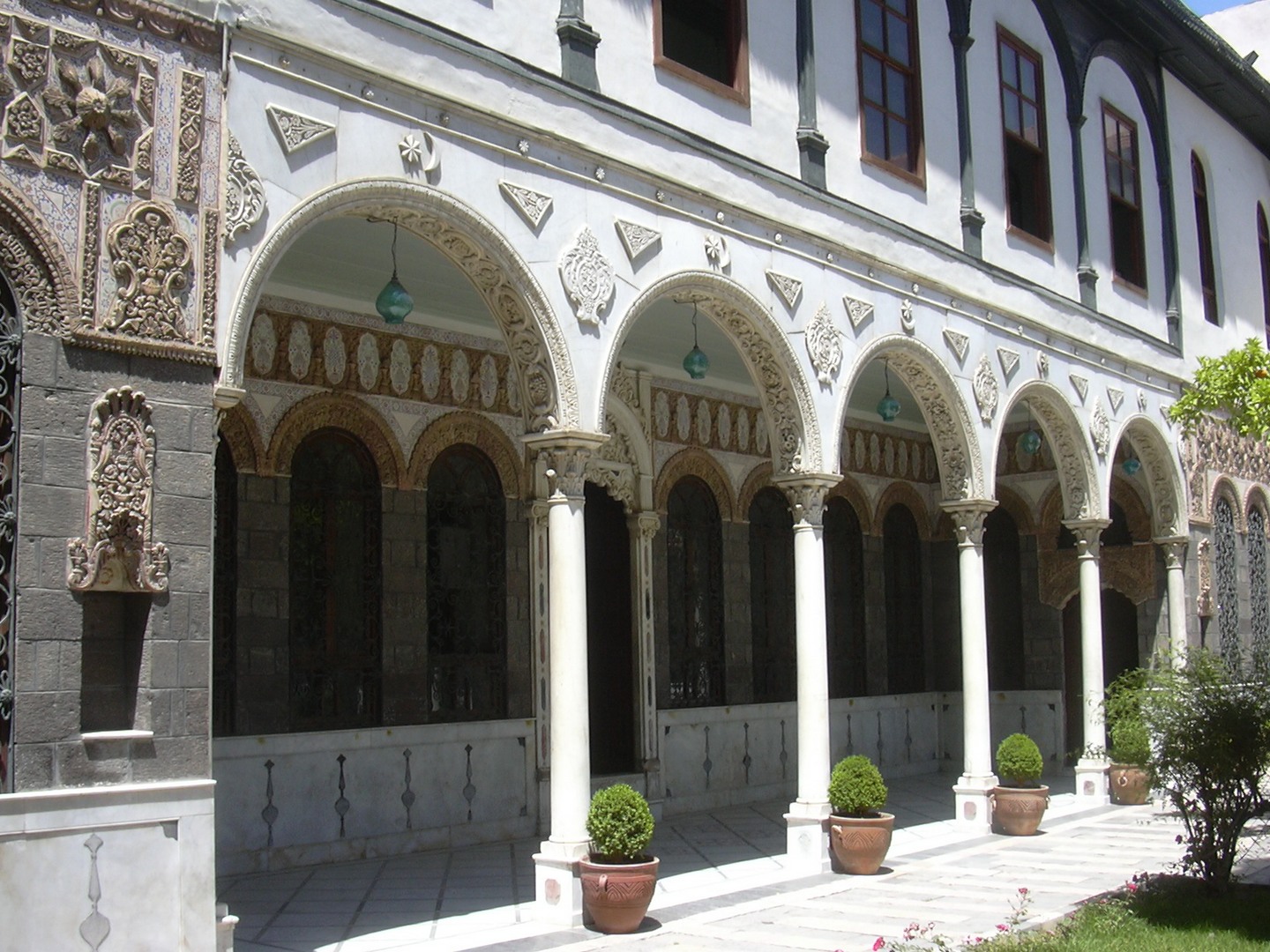
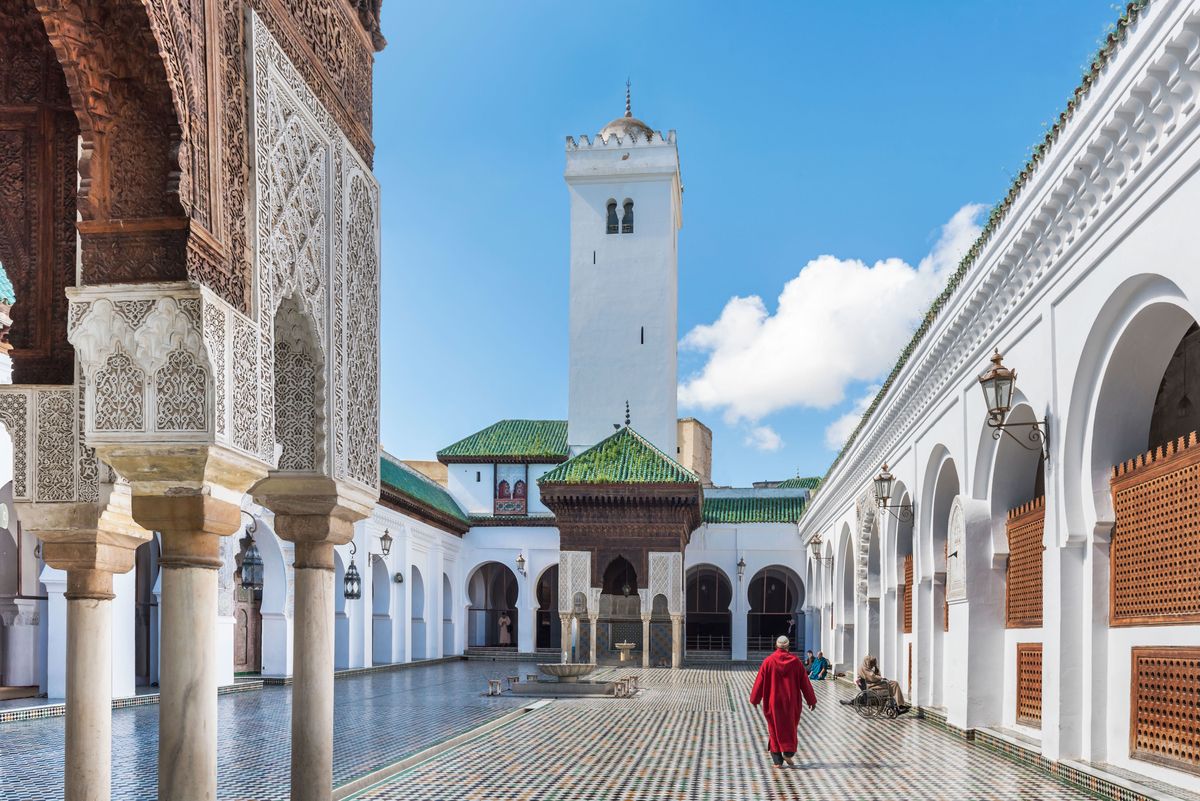
Qarawiyyin Library, Fes
One of the oldest libraries in the world, it was founded in 859 AD in Fes, Morocco by Fatima al-Fihri, who also founded the first university. It was a major center for the study of Islamic law, theology, and the sciences and holds collections of manuscripts dating as far back to the 9th century. It was declared a waqf and is an exemplary example of an institution that is operated on a trust for the sake of Allah and the sole benefit of Muslims.
Establishing a waqf in Islamic law
The waqf is a blessed institution, encouraged by Islam as a vehicle for social change and enablement and explained by our beloved Prophet Muhammad (SAW).
As such, Islamic law lays down the conditions and steps for the formation of a waqf. When one makes the decision to establish a waqf, there are certain conditions that need to be met to make the trust valid. These include the following:
The waqif or waqifa (founder or endower) having legal ownership of the property or assets
The waqif having the intention to donate the property or assets for a righteous purpose
The waqf deed being legally valid
The waqf deed or document outlining the terms and conditions of the waqf must be legally valid and comply with the shariah.
The waqf must be capable of generating income
The property or assets must be capable of generating income, which will be used to support charitable causes and benefit the community.
The waqf must be administrated by a qualified person
The waqf must be administrated by a qualified person who is responsible for overseeing the management and administration of the waqf property and ensuring that the income is used for the intended charitable or religious purposes.
The waqif or waqifa (founder or endower) having legal ownership of the property or assets
The person making the waqf must have legal ownership of the property or assets and have the right to transfer it to the waqf.
The waqif having the intention to donate the property or assets for a righteous purpose
The person making the waqf must have the intention to donate the property or assets for a specific religious or charitable purpose, and this intention must be stated clearly in the waqf deed.
The waqf deed being legally valid
The waqf deed or document outlining the terms and conditions of the waqf must be legally valid and comply with the shariah.
The waqf must be capable of generating income
The property or assets must be capable of generating income, which will be used to support charitable causes and benefit the community.
The waqf must be administrated by a qualifiied person
The waqf must be administrated by a qualified person who is responsible for overseeing the management and administration of the waqf property and ensuring that the income is used for the intended charitable or religious purposes.
The waqif or waqifa (founder or endower) having legal ownership of the property or assets
The waqif having the intention to donate the property or assets for a righteous purpose
The waqf deed being legally valid
The waqf deed or document outlining the terms and conditions of the waqf must be legally valid and comply with the shariah.
The waqf must be capable of generating income
The property or assets must be capable of generating income, which will be used to support charitable causes and benefit the community.
The waqf must be administrated by a qualified person
The waqf must be administrated by a qualified person who is responsible for overseeing the management and administration of the waqf property and ensuring that the income is used for the intended charitable or religious purposes.
There are four primary components to any waqf (Islamic endowment)
The waqif
The person who establishes the waqf by dedicating the property or assets to a specific charitable or religious purpose.
The waqf beneficiaries
The individuals or groups who benefit from the waqf, such as the descendants of the waqif, the general public, other awqaf, Islamic scholars, and religious institutions.
The waqf deed
The legal document outlining the terms and conditions of the waqf, including the purpose of the waqf, the management and administration of the waqf property, and the distribution of the waqf income.
The waqf property or assets
This is the property or assets that are dedicated to the waqf and cannot be sold, inherited, or transferred.
Types of awqaf (endowments)
For descendants (Waqf Alal-aulad)
For the general public (Waqf Khayri)
For the benefit of other awqaaf (Waqf Alal-awqaf)
For the promotion of knowledge (Waqf Alal-irshad)
For the operation of religious institutions (Waqf Alal-ibadat)
You don’t have to donate to be involved
Share the knowledge
The waqf has the potential to create lasting positive social and economic change. Make a difference in your community by spreading the word about the importance of waqf.
Become a volunteer
Awqaf Australia is always on the lookout for eager talent within our community. If you feel your skills can benefit the cause, please fill in the form below and we’ll be in touch soon.